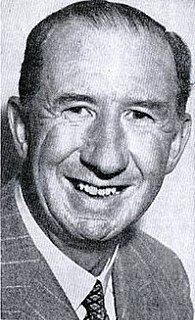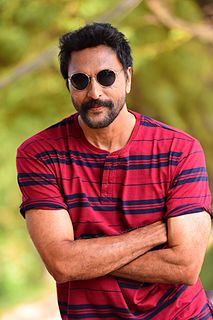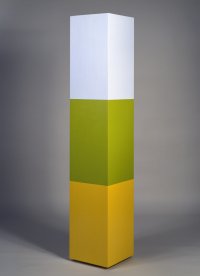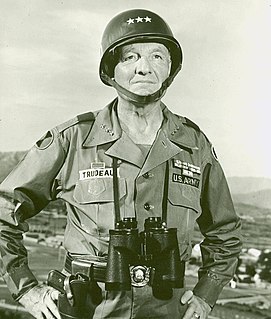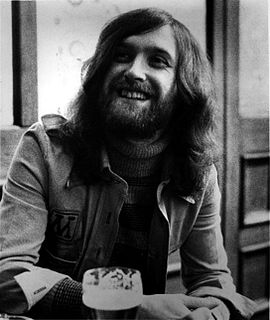A Quote by Dan Coats
Character cannot be summoned at the moment of crisis if it has been squandered by years of compromise and rationalization. The only testing ground for the heroic is the mundane. The only preparation for that one profound decision which can change a life, or even a nation, is those hundreds of half-conscious, self defining, seemingly insignificant decisions made in private. Habit is the daily battleground of character.
Related Quotes
Character is distilled out of our daily confrontation with temptation, out of our regular response to the call of duty. It is formed as we learn to cherish principles and to submit to self-discipline. Character is the sum total of all the little decisions, the small deeds, the daily reactions to the choices that confront us. Character is not obtained instantly. We have to mold and hammer and forge ourselves into character. It is a distant goal to which there is no shortcut.
A hundred years ago-even 20 or 30 years ago-it was possible, if not always easy, to close major business by calling on and satisfying a key decision-maker. Today, every piece of business entails multiple decisions, and those decisions are virtually never made by the same person. Not only do you have to contend with multiple decisions, but the people who make those decisions may not even work in the same place.
In the range of my character at any given moment, I have acted in the only way it seemed to me I could have acted. This in no way means that I have done what was right; only what was possible for me. Sometimes I have done what I knew was wrong, and have rationalized. But rationalization is a form of desperation. It takes kindness to forgive oneself for one's life.
One must keep one's character. Earn a character first if you can, and if you can't, then assume one. From the code of morals I have been following and revising and revising for 72 years I remember one detail. All my life I have been honest - comparatively honest. I could never use money I had not made honestly - I could only lend it.
People with self-respect exhibit a certain toughness, a kind of moral nerve; they display what was once called *character,* a quality which, although approved in the abstract, sometimes loses ground to the other, more instantly negotiable virtues.... character--the willingness to accept responsibility for one's own life--is the source from which self-respect springs.
Character is something each one of us must build for himself, out of the laws of God and nature, the examples of others, and - most of all - out of the trials and errors of daily life. Character is the total of thousands of small daily strivings to live up to the best that is in us. Character is the final decision to reject whatever is demeaning to oneself or to others and with confidence and honest to choose the right.
I think a lot of acting is about the removal of self-consciousness. The actor is going to be in front of a lot of people, and will naturally feel self-conscious. So a lot of the preparation for that is the removal of that idea. Like you embody or are connected to this character, therefore you can present this character in a way that eventually, when you come back to see it, you feel not exactly ashamed of.
But the novels of women were not affected only by the necessarily narrow range of the writer's experience. They showed, at least in the nineteenth century, another characteristic which may be traced to the writer's sex. In Middlemarch and in Jane Eyre we are conscious not merely of the writer's character, as we are conscious of the character of Charles Dickens, but we are conscious of a woman's presence of someone resenting the treatment of her sex and pleading for its rights.
Our problems stem from our childhood. Ray was, for so long, the only boy. Then I arrive and take all his limelight away from him. That must have quite a profound effect. I sometimes think that Ray was only happy for three-and-a-half years in his life. And those were the three-and-a-half years before I was born.




